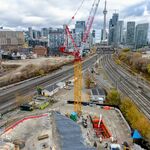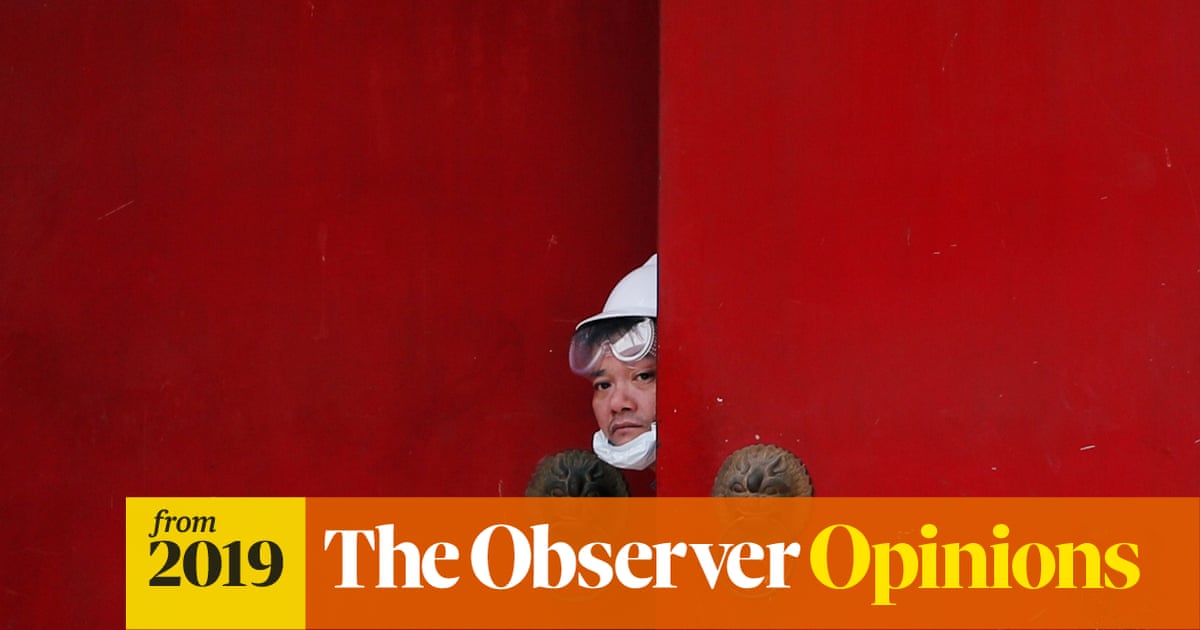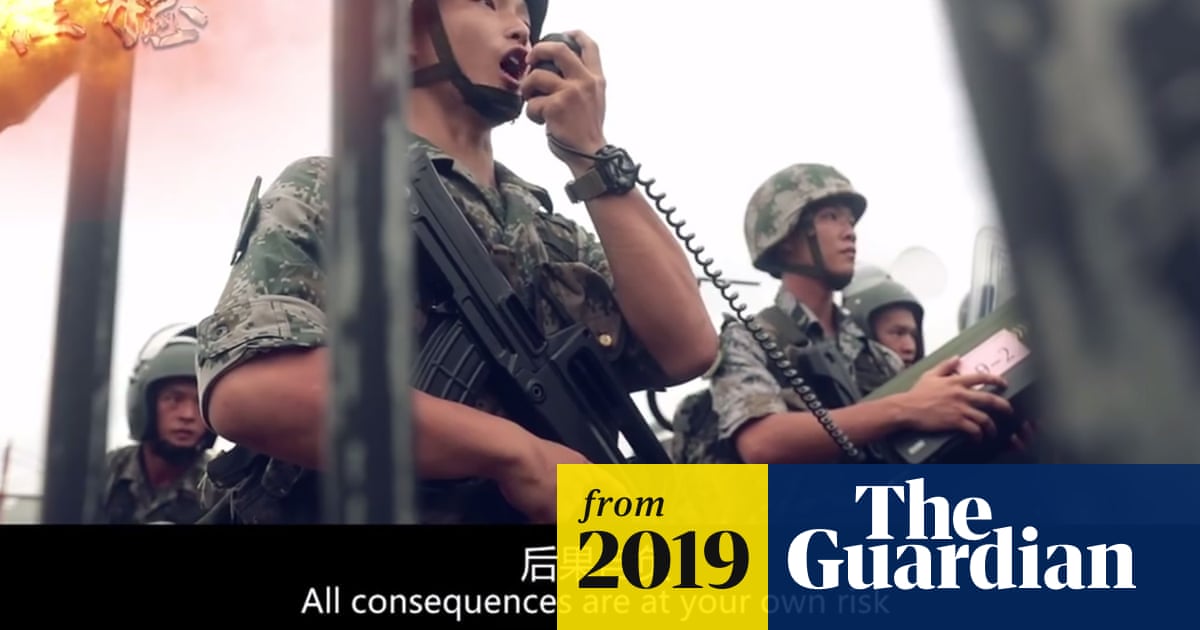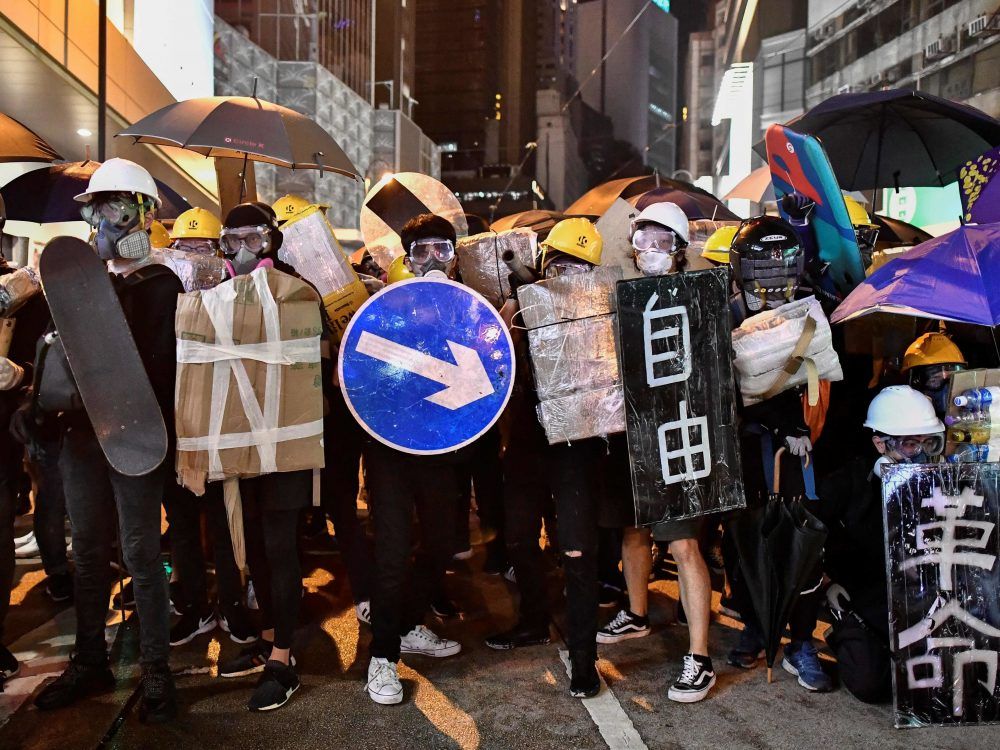The eye of the storm is the still, silent centre of an administration that has withdrawn into itself, refusing public dialogue with protesters or students. Its initial mistake – which kicked off the firestorm of protests – was attempting to ram through legislation that would allow Beijing to extradite anyone accused of a serious criminal offence to face trial in
China. In an attempt to expedite the process, the government shrank the consultation period and ignored the correct legislative process, sparking massive public outrage. After more than a million people attended the first round of marches, the Hong Kong government has seemed to disappear from view.
The inaction of the administration has left the police, normally the agency of last resort, as the only public interface between the authorities and those they govern. That “contact” has increasingly taken the form of teargas, rubber bullets and bean bags fired at the people, as a hard core of radical protesters have stayed on after peaceful marches have dispersed, occupying streets and besieging government offices. On 1 July, they even stormed Hong Kong’s legislative council,
desecrating emblems linked to China.
A recent survey shows that more than 80% of marchers are sympathetic to such actions, indicating widespread radicalisation. In a rare move, the police
banned one march, increasing fears that the city’s cherished freedoms are under threat.







